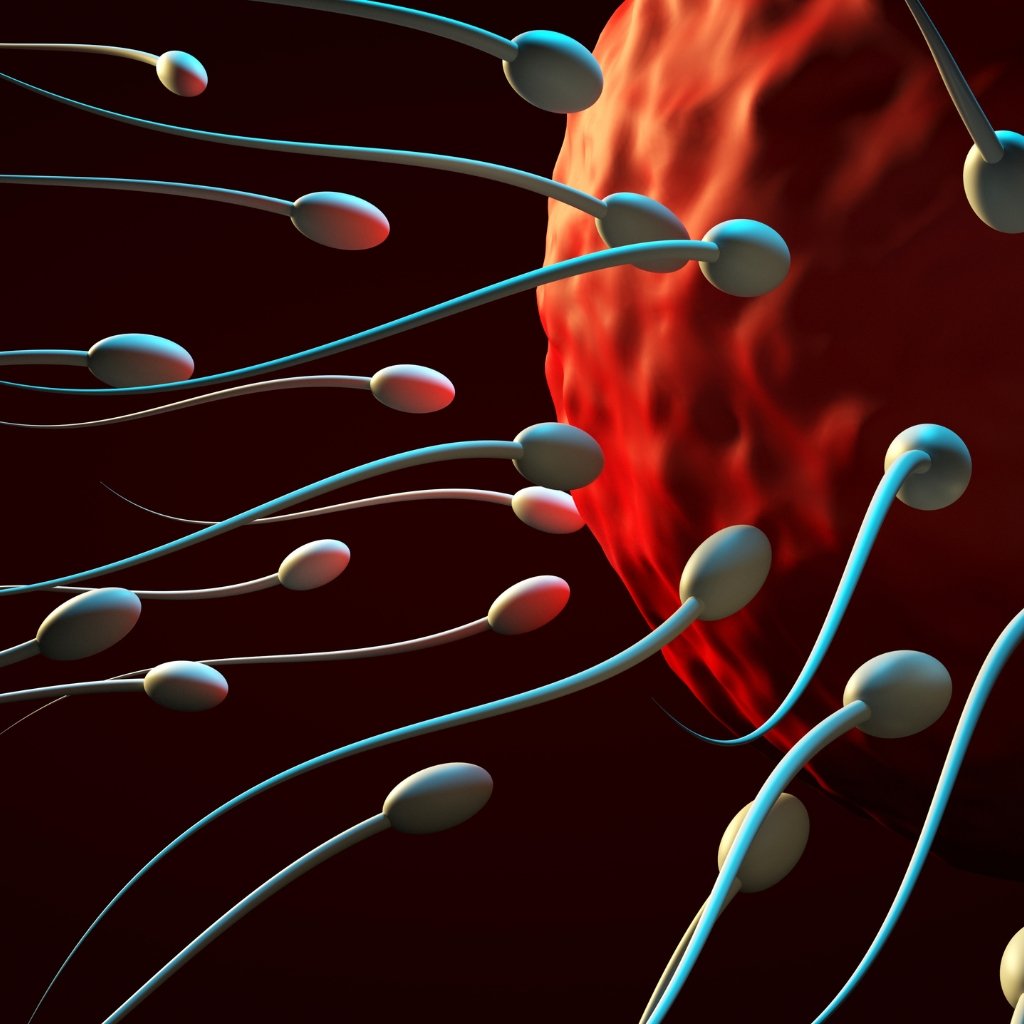Male infertility is an important aspect of reproductive health that affects many men globally. Understanding the frequency and causes of male infertility is essential for addressing this condition effectively. In this article, we will explore the prevalence of male infertility, its causes, and potential treatments, while subtly highlighting the expertise of specialists like Dr. Sumit Bansal.
Understanding Male Infertility
Male infertility is defined as the inability of a man to conceive a child with a female partner despite regular, unprotected intercourse over a year. This condition may arise due to various factors related to sperm production, function, or delivery.
Prevalence of Male Infertility :
Recent studies estimate that approximately 15% of couples face infertility, with male factors contributing to about 50% of these cases. The rising prevalence of male infertility may be linked to lifestyle and environmental changes.

Primary Causes of Male Infertility
1. Sperm Production Issues
Issues with sperm production are a leading cause of male infertility and can stem from various conditions:
- Genetic Factors: Genetic abnormalities, such as Klinefelter syndrome, involve an extra X chromosome that can disrupt sperm production. Men with this condition may benefit from expert evaluation to determine the best course of action.
- Hormonal Imbalances: Imbalances in hormones like testosterone can impact sperm production. Consulting a specialist, such as Dr. Sumit Bansal, who has extensive experience in diagnosing and treating hormonal imbalances, may be beneficial for managing these conditions.
2. Sperm Delivery Problems
- Problems with sperm delivery can also affect fertility:Obstructions: Blockages in the reproductive tract caused by infections or injuries can prevent sperm from being ejaculated. Specialist consultations can help diagnose and treat these obstructions effectively.
- Ejaculation Disorders: Conditions like retrograde ejaculation can lead to sperm entering the bladder instead of being expelled. Expert guidance can aid in managing and treating such disorders.
3. Sperm Quality and Function
Even with normal sperm production, issues with sperm quality can affect fertility:
- Sperm Morphology: Abnormal sperm shape can hinder fertilization. Specialist evaluation can help determine appropriate treatments to improve sperm quality.
- Sperm Motility: Poor motility can impede sperm movement. Addressing conditions such as varicocele with the help of a qualified specialist may enhance sperm motility and overall fertility.
Lifestyle and Environmental Factors
1. Lifestyle Choices
Certain lifestyle choices can impact male fertility:
- Smoking: Tobacco use has been linked to decreased sperm count and motility. Quitting smoking is crucial for improving fertility, and seeking advice from a specialist can support this process.
- Alcohol Consumption: Excessive alcohol can disrupt hormonal balance and reduce sperm production. Reducing alcohol intake, along with professional guidance, can improve fertility outcomes.
- Drug Use: Recreational drugs can negatively affect sperm production. Consulting with a specialist for personalized advice can help address these issues.
2. Environmental Exposures
Exposure to harmful environmental factors can also influence male fertility:
- Pesticides and Chemicals: Prolonged exposure to certain chemicals may reduce sperm quality. Specialist consultations can provide insights into mitigating these risks.
- Heat Exposure: High temperatures from hot tubs or saunas can impact sperm production. Reducing exposure to these conditions and seeking expert advice can help protect fertility.
Medical Conditions Impacting Male Fertility
1. Chronic Illnesses
Chronic illnesses can affect male fertility:
- Diabetes: This condition can lead to hormonal imbalances and reduced sperm quality. Specialist care can help manage diabetes and improve reproductive health.
- Autoimmune Disorders: Conditions where the immune system attacks the body’s tissues can affect sperm production. Expert evaluation can address these conditions effectively.
2. Infections
Infections can also contribute to male infertility:
- Sexually Transmitted Infections (STIs): Infections like chlamydia and gonorrhea can impact fertility. Timely diagnosis and treatment by a specialist are essential for addressing these infections.
- Mumps: Mumps infection can lead to inflammation of the testicles and affect sperm production. Seeking specialist care can help manage and treat such conditions.
Diagnosing Male Infertility
1. Medical History and Physical Examination
A comprehensive medical history and physical examination are crucial for diagnosing male infertility. Specialists like Dr. Sumit Bansal can provide detailed evaluations to identify the underlying causes of infertility.
2. Laboratory Tests
Several laboratory tests aid in diagnosing male infertility:
- Semen Analysis: This test evaluates sperm count, motility, and morphology. Abnormal results can indicate underlying issues, and specialized care can help address these concerns.
- Hormone Tests: Measuring hormone levels can reveal imbalances affecting sperm production. Expert evaluation can guide appropriate treatments.
- Genetic Testing: Genetic tests can identify abnormalities that impact fertility. Specialist insights can help interpret results and recommend treatment options.
Treatment Options for Male Infertility
1. Medical Treatments
Treatment options vary depending on the cause of infertility:
- Hormonal Therapy: Hormonal imbalances can be managed with medications or hormone replacement therapy. Consulting a specialist can help restore normal hormone levels and improve sperm production.
- Antibiotics: Infections affecting fertility may be treated with antibiotics. Specialist care can ensure effective treatment and recovery.
2. Lifestyle Modifications
Making lifestyle changes can enhance fertility:
- Quitting Smoking: Stopping tobacco use can improve sperm quality. Professional guidance can support this transition.
- Reducing Alcohol Intake: Limiting alcohol consumption can help restore hormonal balance and improve fertility.
- Healthy Diet and Exercise: Adopting a balanced diet and regular exercise can positively impact fertility. Consulting with a specialist can provide personalized recommendations.
3. Assisted Reproductive Technologies (ART)
For cases where other treatments are not effective, ART may be considered:
- Intrauterine Insemination (IUI): IUI involves placing sperm directly into the uterus to increase the chances of fertilization. This method can be enhanced with expert guidance.
- In Vitro Fertilization (IVF): IVF combines sperm and eggs outside the body and implants the embryo into the uterus. Specialist expertise can optimize this process for better outcomes.
Conclusion
Male infertility is a multifaceted condition with various causes. Understanding its prevalence and addressing underlying factors through lifestyle changes, medical treatments, and expert care can significantly improve fertility. For personalized diagnosis and treatment options, consider consulting specialists who have extensive experience in this field.
Visit Dr. Sumit Bansal Urology Clinic in Gurugram

